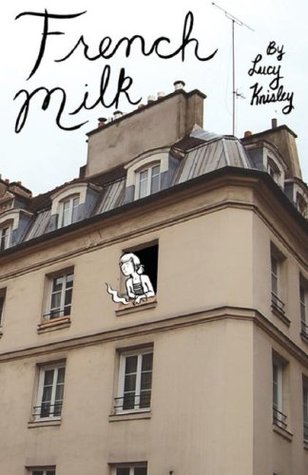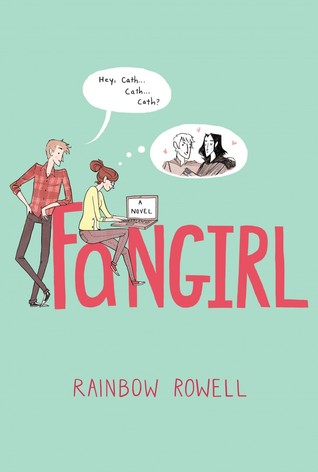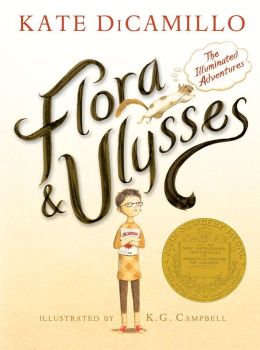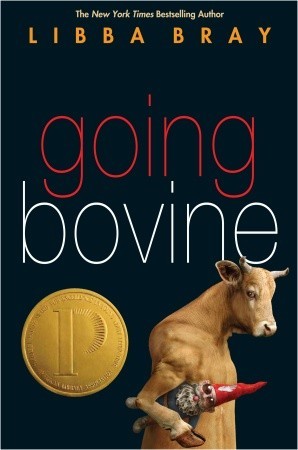Flora and Ulysses: The Illuminated Adventures
by Kate DiCamillo
“Pascal," said Dr. Meescham, "had it that since it could not be proven whether God existed, one might as well believe that he did, because there was everything to gain by believing and nothing to lose. This is how it is for me. What do I lose if I choose to believe? Nothing!"
"Take this squirrel, for instance. Ulysses. Do I believe he can type poetry? Sure, I do believe it. There is much more beauty in the world if I believe such a thing is possible.”
Flora is a cynic. She spends her days up in her room reading comics like
The Amazing Incandesto, The Criminal Element, and
Terrible Things Can Happen To You! just to make sure she is prepared for the worst. Her motto is "Do not hope. Observe." This way, she can protect herself. Her mother spends her time writing romance novels on their typewriter and she seems to love the shepherdess lamp in the hall more than Flora. Her parents separated, and her quiet father lives in an apartment complex near by. Flora has learned that life is full of disappointments. That is, until one day, when a squirrel gets sucked up in her neighbors vacuum. The incident gives the squirrel amazing powers of strength, comprehension, and the ability to fly and write poetry. As their friendship blooms, Flora begins to think with her heart, rather than her head, but will it just give her more pain in the long run?
This is a delightfully silly and odd book with a true heart. Flora's transformation from cynic to believer is a joy to watch. Ulysses' (the squirrel's) inner monologue made me smile each time we entered his head. He was so full of wonder at the world as he was now comprehending it that it moved him to write poetry and express his love for Flora. Her father's reawakening to wonder and self-expression due to Flora and the squirrel was probably my favorite part. There is an incredible cast of characters, from Tootie the poetry loving next door neighbor, to her nephew William Spiver who believes he is temporarily blind due to recent trauma, to Dr. Meescham, a doctor of philosophy who teachers Flora about lonesomeness and being open to possibilities.
The word play and repetition is delicious. The father always introduces himself, no matter what the situation. Flora pulls words from her books, like "Holy Bagumba" and "This malfeasance must be stopped," elevating Ulysses to the role of superhero. I think my favorite might be the recurring reference to a painting in Dr. Meescham's office of a squid with its tentacles around a small boat in a dark sea. Flora sees the squid as a villain, but Dr. Meescham explains that the squid is lonely because it might not see another of its kind for its lifetime. The image of the squid recurs in reference to Flora's lonely heart throughout the book: “Flora’s heart, the lonely, many-armed squid of it, flipped and flailed inside her.”
It is a joyful book with a great heart. I highly recommend it for those who feel they have lost their ability to believe.









